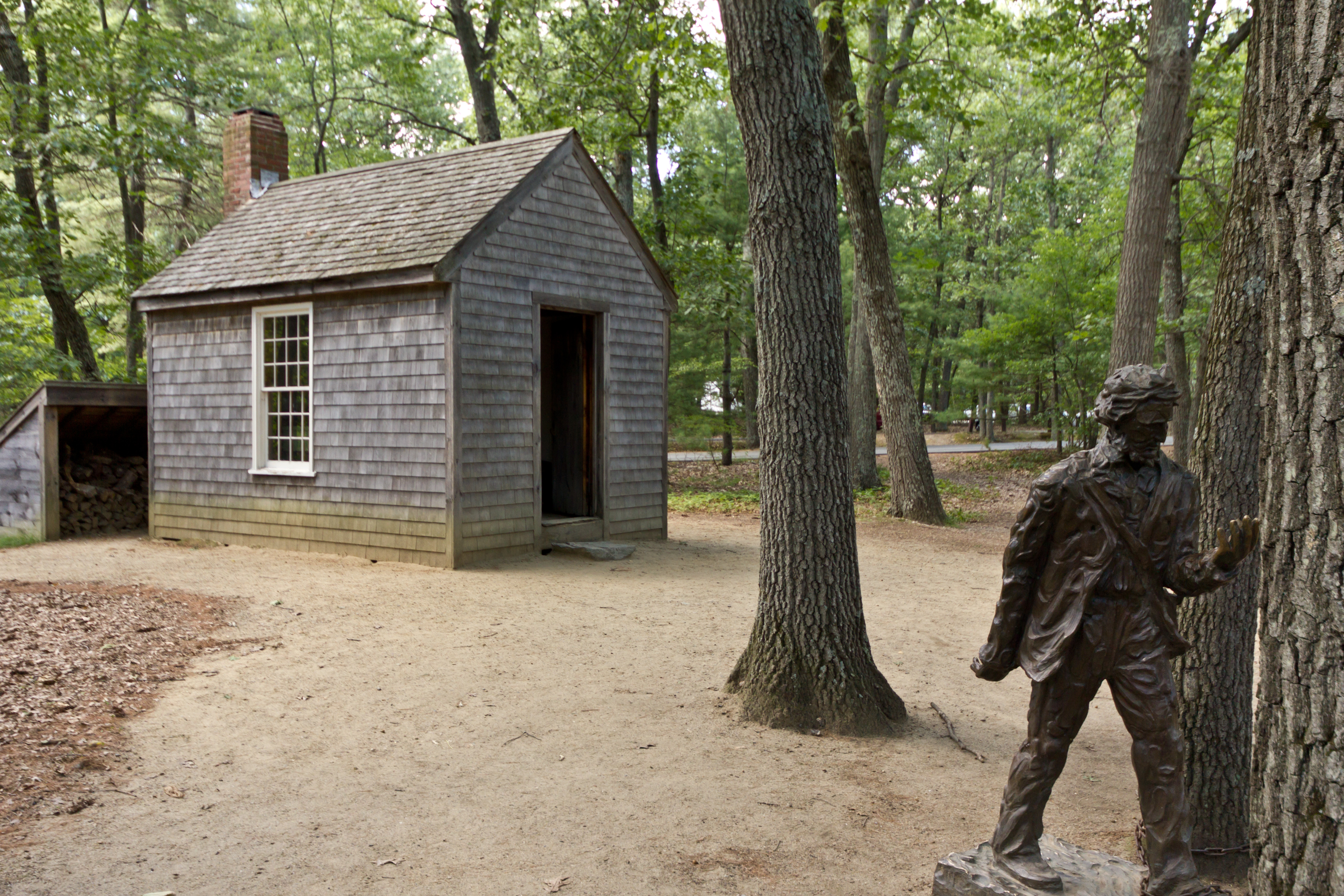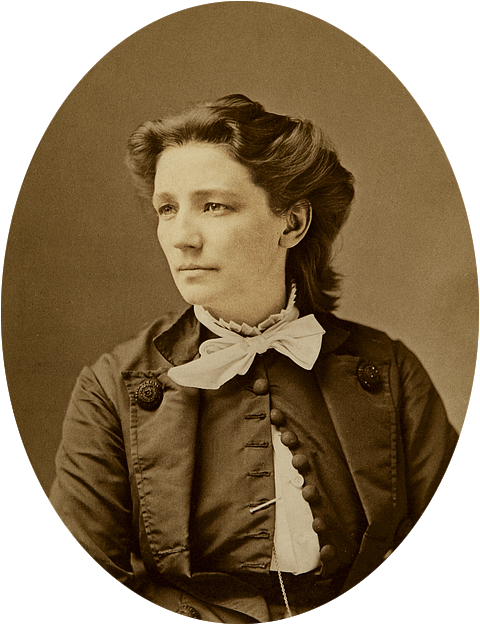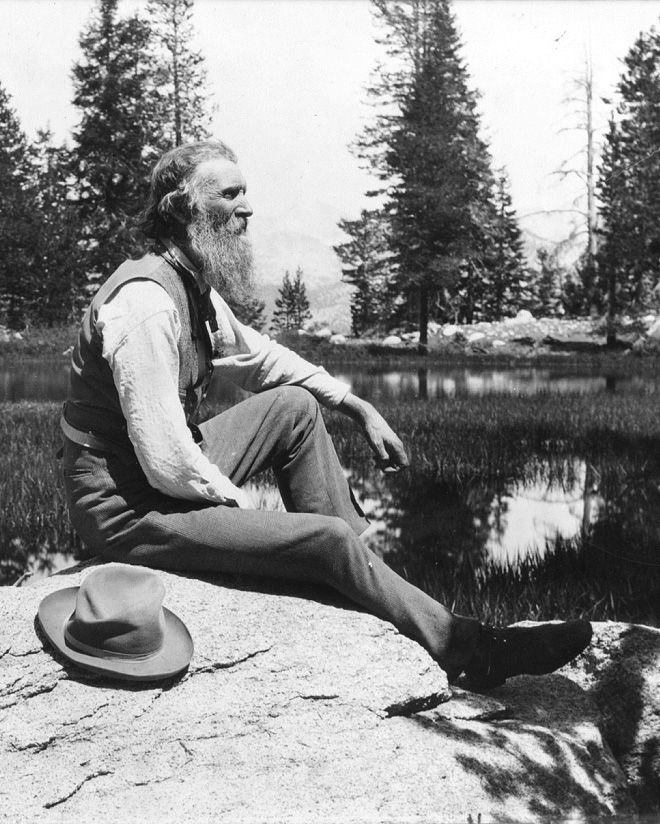In this book, the Über-Professor and Ober-Processor of
Whiteheadeanism-Hartshornism-John Cobb Thought, the right venerable David Ray
Griffin, finally decides to take on The Man, the Prophet, Seer and Revelator of
Dornach, the Goethe Redivivus, the one and only Herr Doktor Rudolf Steiner
himself. It's the ultimate conflict, a struggle of titans, a game of thrones,
in which only one can become Number One. The seven worlds clearly aren't big
enough for both Creativity and The Etheric Christ.
And the winner is...
Yeah, like I'm gonna tell you this early in my review! :P
Actually, "American Philosophy and Rudolf Steiner" is a serious or
boring work (depending on your reading preferences) in which a number of
broadly spiritual scholars attempt to relate American philosophy to Rudolf
Steiner, the founder of Anthroposophy. The book is published by Lindisfarne
Books together with Steiner Books. The editor is Robert McDermott, who is
associated with the Anthroposophical Society, the California Institute of
Integral Studies, Lindisfarne and Esalen. "American Philosophy and Rudolf
Steiner" is a collection of eight articles, and some of the material was
published already in 1991 in the transpersonal magazine ReVision.
I admit that I "only" read four of the essays, skimmed three others
and completely skipped the contribution on Dewey. I bought this book mostly
because it contains an article by David Ray Griffin, the foremost living
expositor of Alfred North Whitehead's process philosophy, with which I have a
kind of love-hate relationship. Of course, I also have a similar relation to
Steiner. I mean, who hasn't? Griffin commenting on Steiner is something I
simply have to read, and I trust some of you would agree...
Overall, however, I feel that the project of relating Steiner to various
American philosophers is a dead end. It's like comparing apples with oranges.
McDermott almost admits as much in his essay on Steiner and William James. The
most relevant comparisons are with Alfred North Whitehead (who was really
British!) and Ralph Waldo Emerson, who is regarded as a kind of precursor by
the Anthroposophists themselves. Emerson apparently longed for a Teacher, and
Steiner's followers believe that this was a prophetic utterance about, well,
Steiner. Unfortunately, Gertrude Hughes' essay on Emerson is rather brief and
also assumes a lot of foreknowledge about both men (I lack it in Emerson's
case). Of course, similarities between Transcendentalism and Anthroposophy are
only to be expected, since both currents of thought were inspired by
Romanticism. It's much less clear why the other contributors attempt to arrange
ersatz dialogues between Steiner and James, Pierce or Dewey, or with postmodern
feminism. You might as well attempt a conversation between, say, Richard
Dawkins and William Irwin Thompson! Or talk to the cat? A comparison between
Thoreau and Steiner is perhaps more relevant, although it would seem that even
they were very far apart.
In a collection like this, everyone is bound to have his or her own favourites,
but personally I went straight for Griffin's essay on Steiner and Whitehead. I
was both a bit disappointed and a bit surprised. I had expected the
"respectable" Griffin (at least pre-9/11) to attack Steiner, whose
occult musings were anything but respectable. Instead, Griffin strikes a
surprisingly irenic pose, and even sounds somewhat "occult" himself.
Have we discovered an entirely new dimension of process philosophy? Thus,
contrary to my joke above, Griffin doesn't do battle with Steiner. Rather, he
attempts a real dialogue, pointing out both similarities, differences and
possible areas for further conversation between process philosophy and
Anthroposophy. In the process - pun unintended - Griffin acknowledges the
immortality of the soul, a kind of teleological evolution, transformation
through meditation, the possibility of paranormal phenomena, and a qualified
view of precognition. He even delineates a Whiteheadean version of the Akashic
Record! It's obvious that while Griffin doesn't accept all the concrete results
of Steiner's supposed clairvoyance (nor those of Edgar Cayce, whom he also
mentions), he *does* believe that Steiner and Cayce were in touch with higher,
spiritual realities.
In process philosophy, the basic particles making up the cosmos are known as
"occasions of experience". The act of experience itself is known as
"prehension". Griffin has a curious, holographic view of
consciousness, in which each occasion of experience prehends *all* previous
occasions. In a sense, each particle in the universe experiences the whole of
the universe and also the whole of the past! Usually, most of these prehensions
aren't conscious. They seem to form something similar to Jung's collective
unconscious. At least part of them can be made conscious, however. From this
follows that humans have a certain ability to tap into lost or hidden knowledge
through seemingly paranormal means. At least in principle, I could access the
collective storehouse of experiences, and retell what *you* had for lunch
yesterday! Steiner did claim to have precisely such ability, although he used
it for less mundane purposes. He believed he could "read" the
so-called Akashic Record, a kind of paranormal energy field where all events in
the universe have supposedly been "recorded" and still lingers on.
Here, Griffin's exegesis of Whitehead's metaphysics lends a certain support to
Steiner.
However, Griffin also (rather skilfully) uses the idea of the Akashic Record to
criticize Steiner's more outlandish claims. After all, the founder of
Anthroposophy did say many strange things about Atlantis, Lemuria, Jesus and
the history of the cosmos which have been disproved by modern science or
remains unconfirmed. If something like the Akashic Record truly exists (Griffin
believes it's really "the consequent nature of God"), not just events
but thoughts, dreams and speculations have been recorded. A seemingly objective
fact about Atlantis or the hidden years of Jesus might really be a
*speculation* about the same, erroneously interpreted as an objective fact by
clairvoyants like Steiner. Of course, Steiner believed that his paranormal
powers gave him the ability to discern fact from fiction, and that it's
possible to grasp purely objective truths, free of distortions. To Griffin,
this is not possible. His explanation for this is rather complex, but it's also
rooted in Whitehead's metaphysics. Griffin seems to be suggesting that somehow
the creativity of the "occasions of experience" makes the cosmos a
place of constant flux, making it impossible to completely grasp "the
truth" about any single event, such as the life of Jesus. Further, since
our conscious experiences are only a small part of our total experiences (not
to mention the total experiences recorded in the mind of God), it's impossible
to consciously recollect any single event in its entirety. This is a crucial
difference between process philosophy and Steiner. Divine revelation or gnosis
in the classical senses of those terms is impossible in the process scenario.
Steiner, by contrast, believed that his "spiritual science" was
strictly empirical and yielded absolute knowledge. Thus, a process philosopher
might consider Steiner's ideas to be interesting proposals, but never dogma,
gnosis or revealed truth.
Griffin also criticizes Steiner's pantheism, which he contrasts with
Whitehead's panentheism (spelled pan-en-theism in the book). His main objection
is that pantheism implies that evil and imperfection are part of the divine
nature. While Steiner believed that we should choose good over evil, beauty
over ugliness, and so on, Griffin feels that he didn't have a firm basis for
that belief if *both* good and evil are part of the divine reality. Why not
choose evil? In process theology, God is all-good. Evil happens when the
occasions of experience strays from God's purposes. Therefore, process
philosophy makes it possible to create a consistent ethic centred on choosing
the good. A notorious addendum to this position is that God isn't all-powerful.
The future is open and there are no guarantees that the good will be
victorious. However, Griffin doesn't consider this a problem. Rather, he sees
an additional problem with Steiner's position at this point: the pantheist
system seems to be determinist. Steiner claimed to have foretold the exact
course of the future, which implies that humans don't have free will, something
Steiner in other contexts affirmed that we *do* have. If free will is real,
which Griffin takes to be the common sense position, then the future isn't preordained,
but this also implies that God cannot be omniescent or omnipotent. Griffin does
admit a qualified form of precognition, which would entail tapping into God's
knowledge of the "structures" of past and present events. These give
God an ability to foresee the most likely course of future events. However, he
feels that Steiner went much further than this, in a manner similar to the
Hebrew prophets who also claimed *exact* knowledge of the future.
Griffin is surprisingly positive to Steiner's meditation exercises, regarding
them as an example of genuine transformation to a higher stage of
consciousness. What intrigues Griffin seems to be that Steiner didn't want to
extinguish emotions or individuality (a position Griffin associates with
Buddhism) but rather increase them and thereby achieving love for all of
creation and even a kind of evolutionary emergence. Griffin even proposes that
this kind of meditation should be incorporated into the spiritual practices of
Whitehead's followers. Whitehead himself was an abstract, theoretical thinker
and didn't have any practical proposals for a spiritual path.
One point not touched upon by Griffin concerns Steiner's view of Christ. True,
the book is about philosophy, not theology or occultism proper. However, since
Steiner was at bottom an "esoteric Christian", this is a potentially
serious lacuna. The question is: if Anthroposophy is taken as a whole,
including the mystical notions about Christ's work at Golgotha, can it *then*
become a meaningful partner in dialogue with process philosophy, which is
hardly Christian at all, let alone esoteric? Somehow I doubt it, and this might
be the main problem with "American Philosophy and Rudolf Steiner"
overall. Steiner's occultism was of such a different order from secular
philosophy, that a book featuring Catholic, Orthodox or Traditionalist
contributors wrestling with Steiner would have felt more relevant...
I'm not sure how to rate this book with its heterogeneous and perhaps
misdirected contributions, but in the end I award it the OK rating (three
stars).




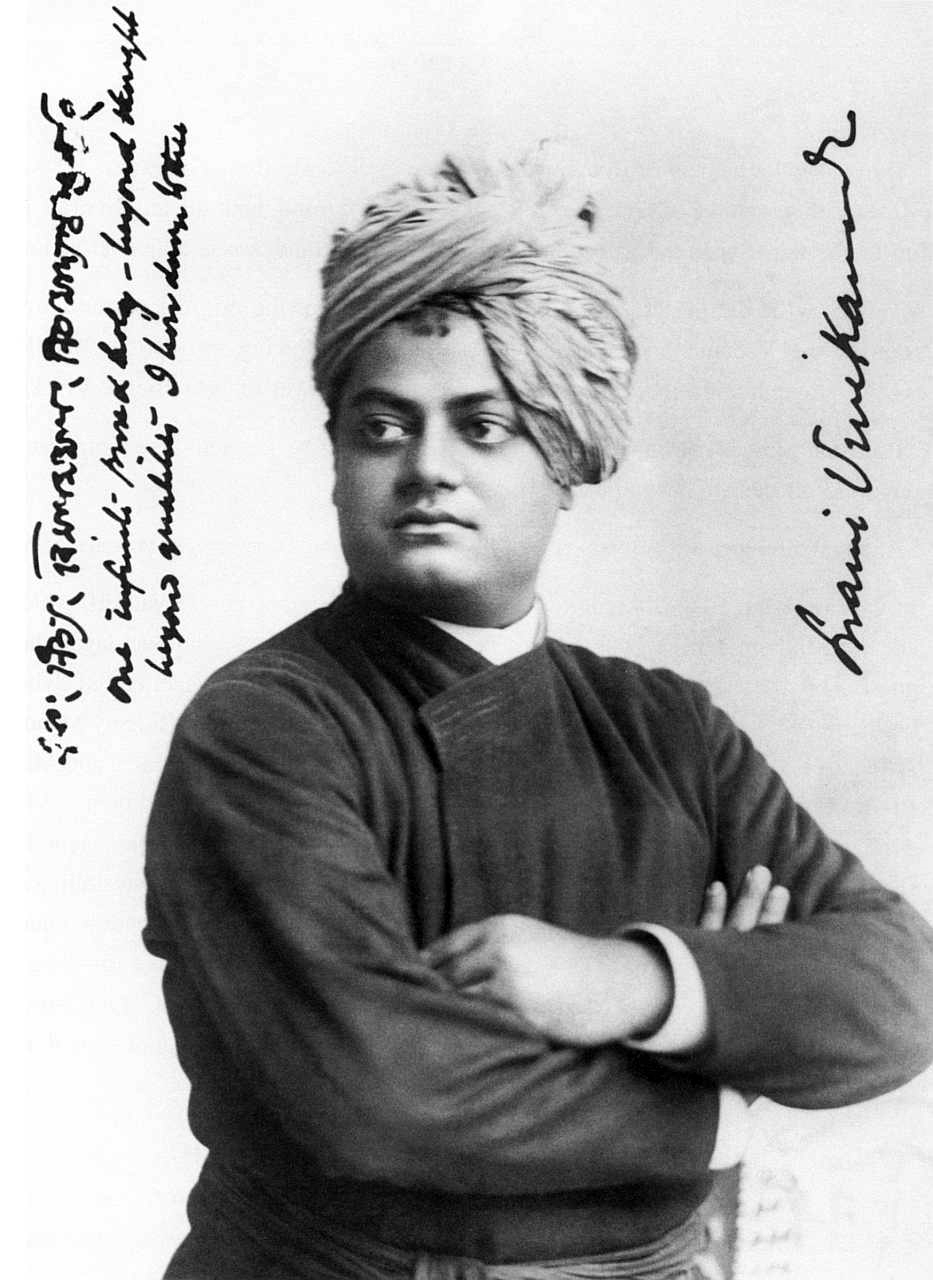


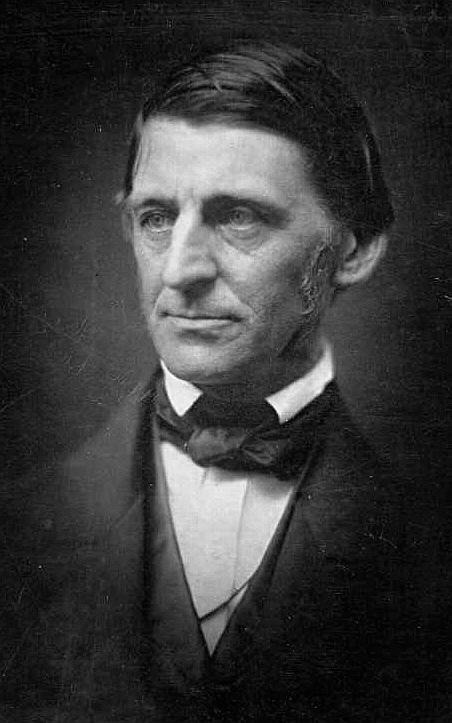
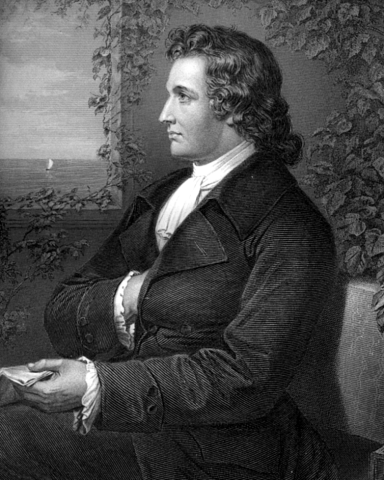
.png)


